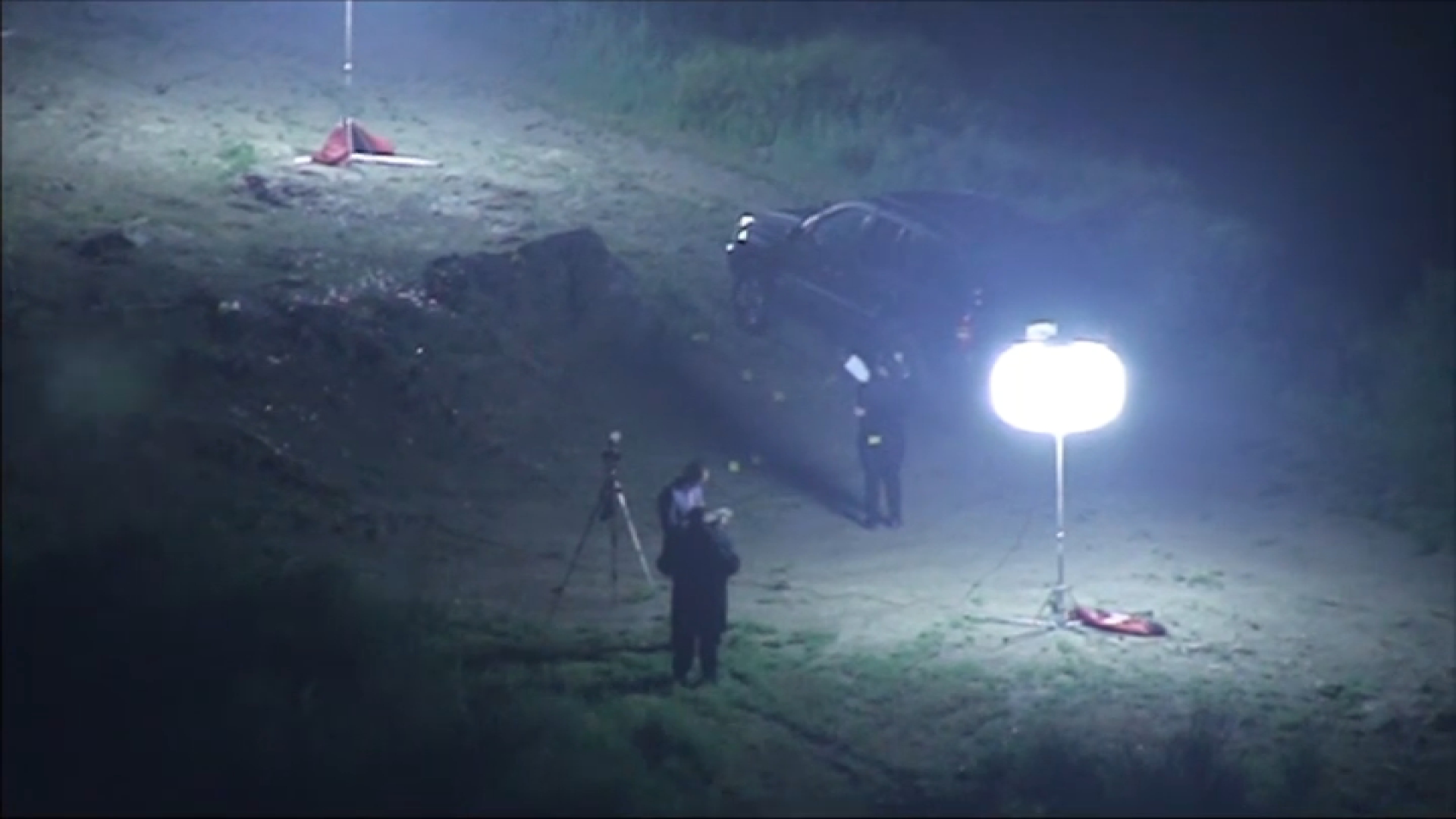Rideshare services like UberX are taking the place of taxis, not only here in Los Angeles, but around the world. But as the I-Team has learned, if you're in a bad accident in an UberX car, you could be left paying the bill.
- Risky Ride: NBC4 I-Team Investigates
You may not realize it - but every time you accept a ride with UberX, you also agree to more than a dozen pages of Terms and Conditions. It outlines who's responsible for what. And buried deep in the terms, Uber says you use its service "at your own risk" and that "you may be exposed to transportation that is potentially dangerous, offensive, harmful to minors, unsafe or otherwise objectionable."
Tim Booth came to the I-Team because he had his own concerns about Uber. He wanted to make some extra money, so he applied online to be an UberX driver. He even went so far as to buy a new Prius - one of the cars Uber recommends for its drivers.
- Updates: Download the NBCLA News App
Uber approved his application and sent him a phone with the driver's special Uber app. Tim was ready to connect with passengers. But after a few e-mail exchanges with Uber about insurance, Booth changed his mind.
"It just doesn't seem right to me," Booth said. "It doesn't pass the ethics test for me."
Booth was concerned about insurance coverage for him, as well as his passengers, if he got into a bad accident. Uber had told him in an e-mail, "All we will need is your basic auto policy... Uber will provide you with a supplement policy while you drive with us."
While giving information on his new car to his insurance company, USAA, Booth got into a conversation about his plans to drive for Uber.
"I told them up front that this is what I want to do with the car. I want to drive for Uber," Booth told the I-Team. "And they immediately said this is not something that we will cover. That's a commercial use."
He continued, "And furthermore, if you go ahead and do it anyway, we'll drop you the first time we get a chance."
That's apparently what happened in September 2013, when an UberX driver smashed into another car, badly injuring Jason Herrera and Nickolas Kolintzas.
"I basically woke up inside the ambulance," Jason Herrera recalled. "And I actually thought I went through a windshield. There's a significant amount of bills I've had to deal with."
The two are now suing Uber.
"I'm just very shocked that they don't provide coverage," says Herrera.
In an e-mail to the I-Team, Uber said, "Our commercial insurance covers riders in accidents like Herrera's. In this case, however, rather than work with our insurance to cover his bills, Herrera chose to engage a personal attorney and file suit."
That's not true, says Herrera's lawyer, Philip Segal. He says his clients followed Uber's instructions to contact the driver, Bassim Elbatniji, for his personal insurance information.
But Mercury, Elbatniji's insurance company, denied the claim, saying "the vehicle was used to carry passengers for compensation within the definition of commercial purposes."
In other words, just like USAA had told Tim Booth, driving for Uber isn't covered under their personal auto policies.
News
Top news of the day
"My car is gone," says Elbatniji. "Totaled completely. And also the insurance, after this happened, they denied me."
On its website, Uber tells potential drivers, "Your personal insurance policy is all you need. Please make sure you carry the appropriate insurance to cover your liability to other parties (liability insurance), damage to your vehicle (optional collision insurance) and injury to yourself (health insurance). If you are unsure about your coverage, check with your insurance provider."
We asked Pete Moraga of the Insurance Information Network of California if this is correct.
"Absolutely not," Moraga told the I-Team. "In California, as in most states, there is a clear definition between commercial driving and personal driving. Because the risk is much different. Your personal policy does not cover you for any commercial use of your vehicle."
Lawyer Philip Segal says that when his clients were denied by Mercury, they went back to Uber. Its website says that it carries a $1 million liability policy, per incident - something required by the state. It also says the policy acts as primary insurance if the driver's policy doesn't cover - for any reason. But Segal says his clients couldn't get Uber to give out any information about its insurance. That's when Herrera and Kolintzas decided to sue.
Getting back to those terms and conditions - the ones you agreed to when you accept a ride with Uber - They say Uber is a technology company - not a transportation company ... it doesn't employ the drivers ... and has no responsibility or liability. In fact, Uber is using that same reasoning as the reason it has no liability in Jason Herrera's lawsuit.
"I stepped into an Uber car and I got a question whether or not I'm going to be covered if there's an accident," says Jason Herrera.
And as for Tim Booth - he says his experience has changed his opinion of UberX. And he has this warning for both UberX drivers and passengers.
"If you ride with an Uber driver, you may be at risk of an accident without coverage."



